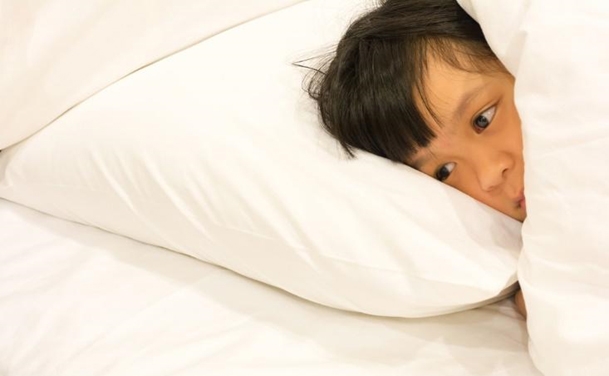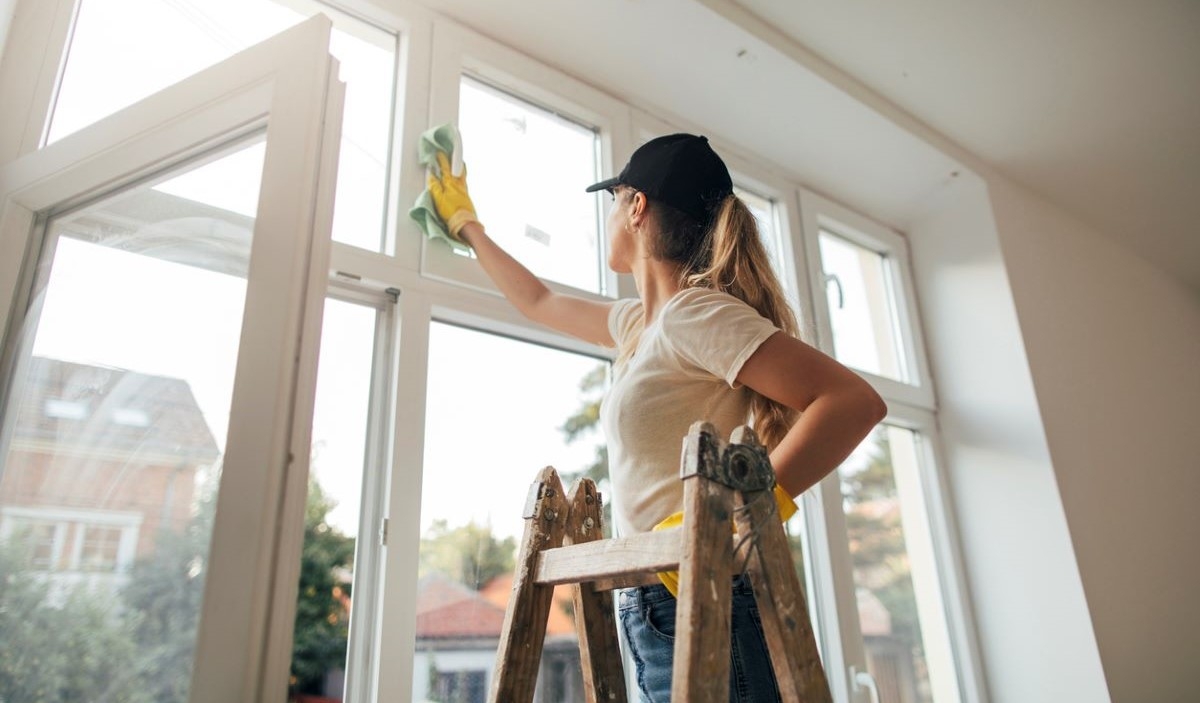
Disturbed sleep patterns may be key to ADHD
Attention Deficit Hyperactivity Disorder (ADHD) is a disease that is highly prevalent among children and adults all over the world. This disorder expresses itself in signs such as hyperactivity, restlessness and impulsivity. About 75% of people with ADHD also report sleep disorders and recently a study strongly linked ADHD to disturbances in sleep.
The US Center for Disease Control (CDC) estimates 11% of children and 4% of adults have been diagnosed with ADHD. The results highlight an increasing awareness among doctors that sleep disturbance is linked to many other significant health conditions such as diabetes, obesity and heart disease. But, how much sleep is required for healthy development? The exciting thing about this discovery, however, is according to the researchers there is the possibility that ADHD can be treated using a non-drug approach.
Professor Sandra Kooij of VU University Medical Centre, a psychiatrist who specializes in ADHD decided to look more closely into the link between sleep disorders and ADHD and discovered that many cases of ADHD presented alongside sleep disturbances that showed comparable patterns of late sleep onset, and issues with waking up in the morning. This often results in fatigue during the day and difficulties with keeping up with daytime occupation.
Mood swings and impulsivity, which are symptoms of ADHD, are often present at an early age. It is usually noticed at about the time children start school for the first time. It is possible for cases to not be noticed until adulthood. Between 2% and 5% of the general population are affected by ADHD at some point in their lives. However, actual ADHD is an inherited condition with a noticeable neurological background.
Professor Sandra Kooij proved in her research that poor sleep shows that the timing of many physiological processes are not properly coordinated. This confirms the suspicion that ADHD and sleep interruptions are often closely related when they occur. The research pointed out definitive links between the two by investigating physiological signs of sleep. Their major findings were:
- Changes in the level of the sleep hormone- melatonin, and changes in the movements associated with sleep. Professor Kooij found that these changes were delayed by 1.5 hours in 75 % of patients with ADHD, particularly the group that also presented with sleep disorders.
- The core body temperature changes which reduces at the onset of sleep was delayed. (This reflects the changes in melatonin levels)
- There’s a relationship between sleep-related disorders and ADHD. These include restless-leg syndrome, sleep apnea, and disturbances in the circadian rhythm which is a feature of the delayed sleep syndrome.
- People diagnosed with ADHD are usually more alert in the evenings. This is the stark opposite of what is prevalent amongst the general population.
- People with sleep disturbances and ADHD show improvement when placed on bright light therapy in the mornings or taking melatonin in the evenings. This helps reset the circadian rhythm.
- Adult ADHD sufferers often have a heightened sensitivity of the eyes to light. Many of them wear sunglasses for long periods during the day as a result. It is suspected that this is as a result of problems associated with a shift in the circadian rhythm.
- Chronic late sleep causes a sleep deficit, which predisposes people to cardiovascular diseases, obesity, diabetes and even cancer in some cases. Simply resetting the circadian rhythm can help prevent this assortment of health problems.
Professor Kooij maintains that although not all ADHD problems are associated with sleep disorders, and that it is increasingly likely that sleep issues are a critical element. Biomarkers that can confirm this include Vitamin D levels, blood glucose levels, cortisol levels, blood pressure and heart rate variability, and so on.
Being able to succinctly say that sleeplessness causes some incidences of ADHD means that non-pharmacological methods such as light therapy and changes in sleep patterns are enough to avert the negative impact of sleep deprivation on health.
Written by Jay, an eco writer and sleep lover from Brentwood Home, sellers of the great Natural Latex Mattress that will aid you in a great night's sleep.








